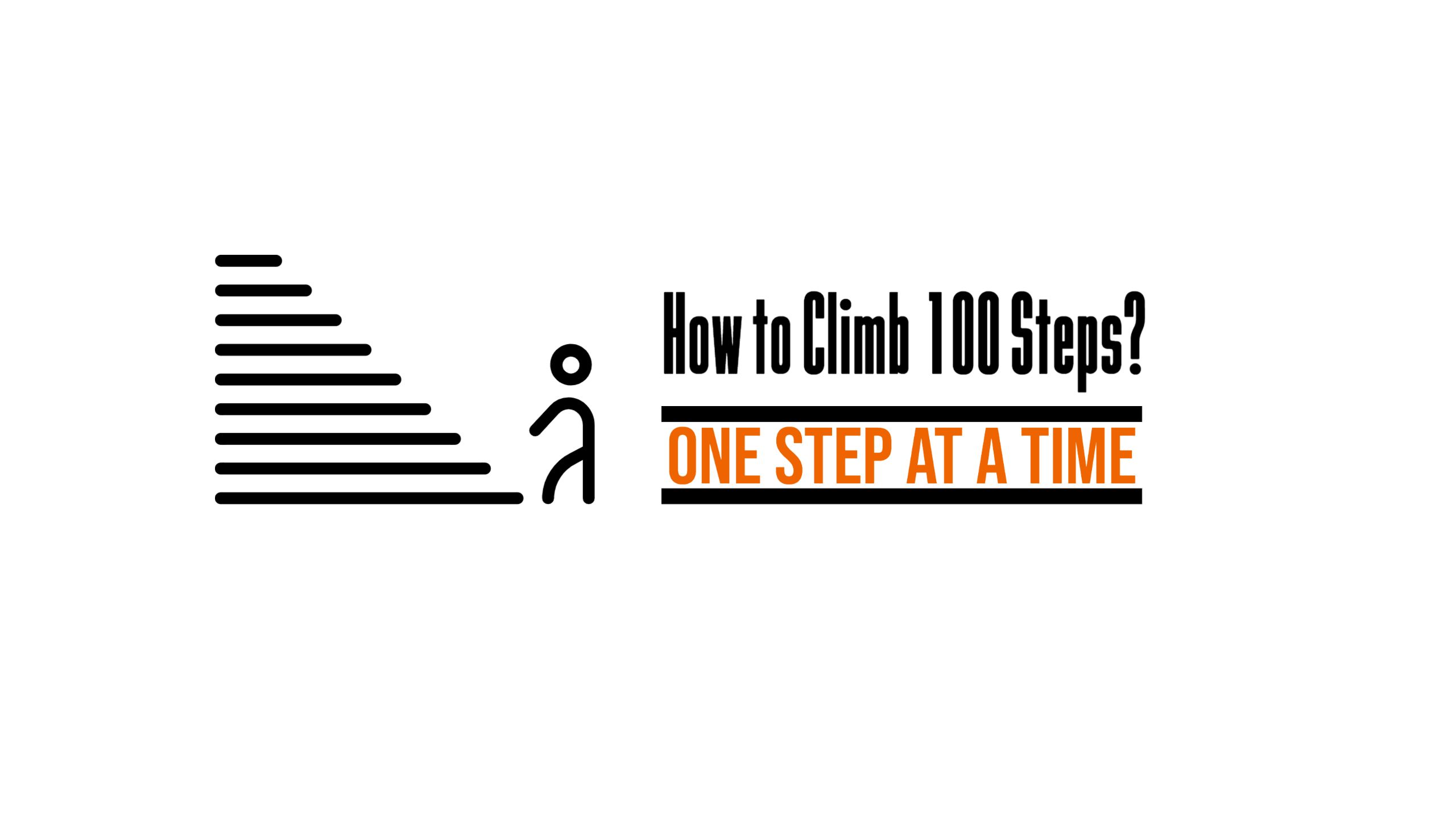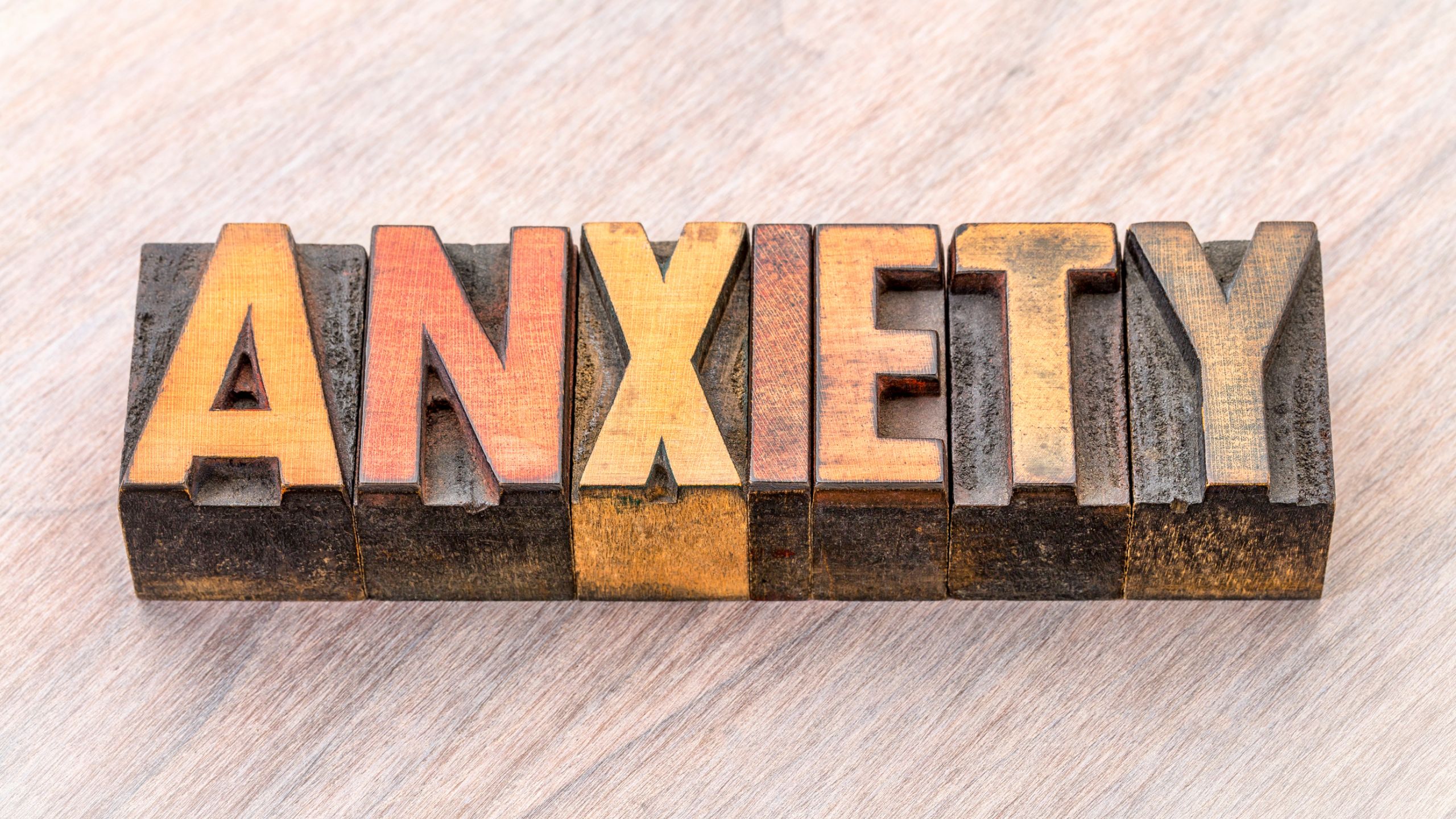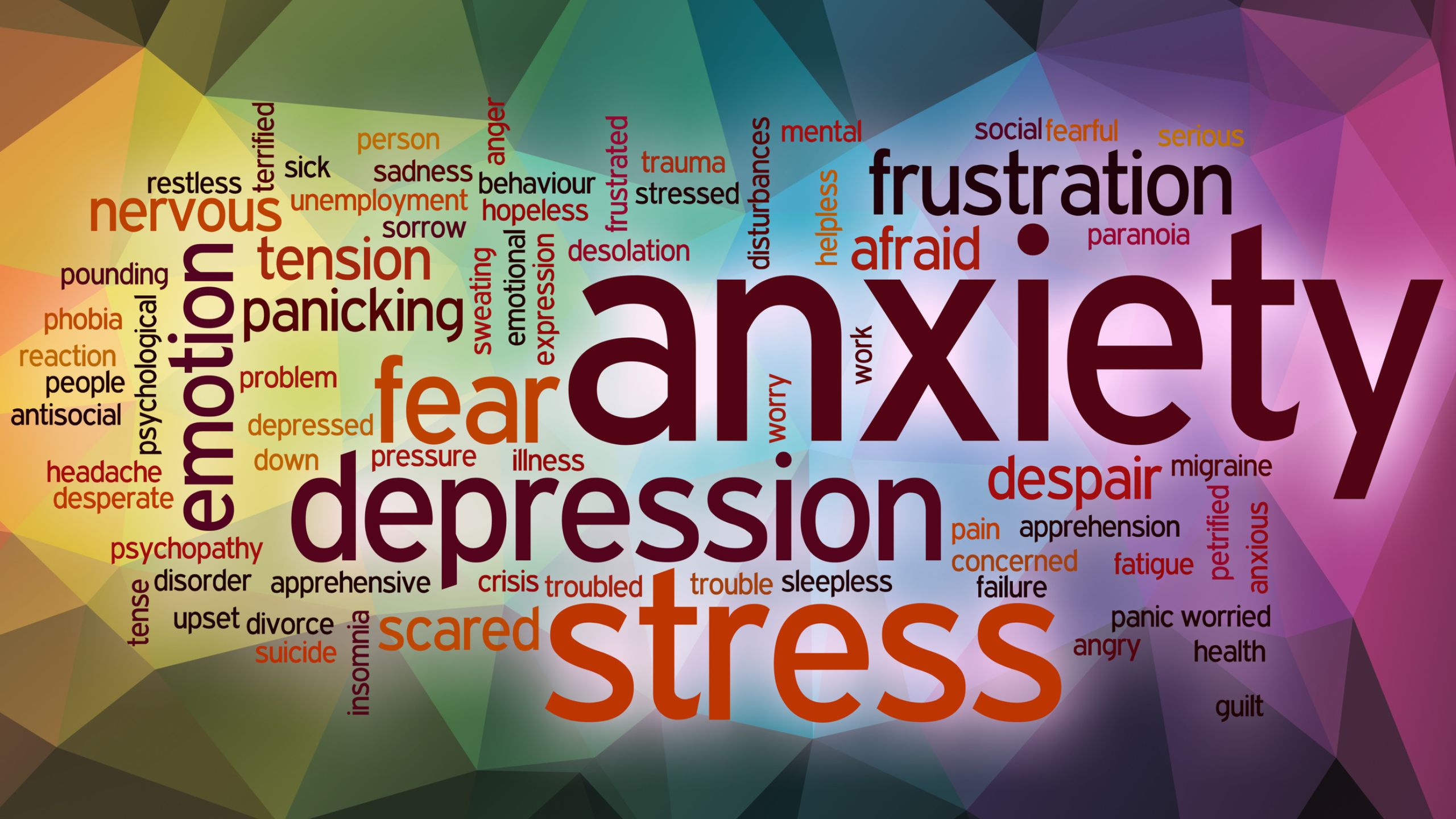Health impact of Stress, Anxiety, Overthinking, and Lack of sleep

Here is a chart explaining the health impact of stress, anxiety, overthinking, and lack of sleep:
| Health Impact | Stress | Anxiety | Overthinking | Lack of Sleep |
|---|---|---|---|---|
| Physical | Headaches, muscle tension, high blood pressure, weakened immune system, digestive problems | Rapid heartbeat, shallow breathing, sweating, tense muscles, digestive problems | Muscle tension, aches and pains, digestive problems, fatigue | Weakened immune system, increased risk of obesity, diabetes, cardiovascular disease |
| Mental | Mood swings, irritability, difficulty concentrating, memory problems, burnout | Worry, fear, panic attacks, obsessive thoughts, phobias | Negative self-talk, self-doubt, indecisiveness, racing thoughts, difficulty focusing | Mood swings, irritability, anxiety, depression, difficulty concentrating |
| Behavioral | Overeating or undereating, substance abuse, social withdrawal, poor time management | Avoidance, procrastination, compulsive behaviors, isolation | Avoidance, procrastination | ...
How to deal with Overwhelm?

Dealing with overwhelm can be tough. It's that feeling of being stuck in a storm of tasks and responsibilities that never seem to end. It's that feeling of being suffocated by the weight of stress, anxiety, and pressure. It's a common experience that most people face at some point in their lives. But what can we do when we feel overwhelmed? Here are some effective tools that can help you manage overwhelm and find your way out of the storm.
-
Prioritize Your Tasks One of the main reasons why we get overwhelmed is that we try to tackle everything at once. It's important to prioritize your tasks and focus on the most important ones first. Start by making a list of everything that needs to be done and then rank them by priority. This will help you focus on what's most important and give you a sense of control over your workload.
-
Break It Down Breaking down large tasks into smaller, more manageable ones can help you feel less overwhelmed. This can make it easier to tackle each task
...
What is the 3 3 3 rule for anxiety?

Anxiety is a natural human response to stress, but when it becomes overwhelming, it can interfere with daily life. Managing anxiety requires a comprehensive approach that may include medication, therapy, and lifestyle changes. One simple and effective tool for managing anxiety is the "3 3 3 rule."
The 3 3 3 rule is a grounding technique that can help you manage feelings of anxiety in the moment. It involves focusing your attention on your surroundings and using your senses to ground yourself in the present. Here's how to use the 3 3 3 rule:
Step 1: Look around you and name three things you see.
The first step in the 3 3 3 rule is to focus on your visual surroundings. Look around you and name three things you see. These can be objects in the room, people nearby, or anything else in your immediate environment. By focusing on what's around you, you can bring your attention back to the present and reduce the feeling of being overwhelmed.
Step 2: Listen for and name three sounds you hea...
What is the best way to deal with anxiety?

Anxiety is a common condition that affects millions of people worldwide. It can manifest in a variety of ways, including physical symptoms, cognitive symptoms, and emotional symptoms. If you are struggling with anxiety, there are a number of strategies that you can use to manage your symptoms. In this blog, we'll discuss some of the best ways to deal with anxiety.
- Seek Professional Help
One of the best ways to deal with anxiety is to seek professional help. A mental health professional can help you identify the underlying causes of your anxiety and develop a treatment plan that is tailored to your needs. They may recommend therapy, medication, or a combination of both.
- Practice Mindfulness
Mindfulness is the practice of being present and fully engaged in the current moment. It can be a powerful tool for managing anxiety. When you practice mindfulness, you become more aware of your thoughts and feelings, which can help you recognize when you are experiencing anxiety and take...
What are 5 symptoms of anxiety?

Anxiety is a common condition that affects millions of people worldwide. It can manifest in a variety of ways, including physical symptoms, cognitive symptoms, and emotional symptoms. In this blog, we'll discuss 5 common symptoms of anxiety.
- Excessive Worrying
Excessive worrying is a common symptom of anxiety. It is characterized by constant thoughts of worst-case scenarios, even in seemingly benign situations. People with this symptom of anxiety may find themselves fixating on things that are unlikely to happen, but still feel as though they are very real threats.
- Physical Symptoms
Anxiety can manifest physically, and there are a number of physical symptoms that are associated with anxiety. These can include increased heart rate, rapid breathing, sweating, muscle tension, and gastrointestinal issues such as nausea or diarrhea. These physical symptoms can be very uncomfortable and can be mistaken for other medical conditions.
- Avoidance
People with anxiety
...What is the difference between executive coaching vs life coaching?

Coaching is a great way to unlock your potential, set and achieve goals, and make positive changes in your life. There are different types of coaching, including executive coaching and life coaching, each with its unique focus and benefits.
Executive coaching is a type of coaching that focuses on helping executives and leaders improve their professional skills and performance. This type of coaching usually takes place in a workplace setting and is aimed at achieving specific business goals. The coach works with the executive to identify areas for improvement and develop strategies for success.
For example, imagine you are a CEO of a company, and you want to improve your leadership skills. An executive coach would work with you to develop strategies for effective communication, delegation, and decision-making. The coach might also help you identify and overcome obstacles that are hindering your progress.
On the other hand, life coaching focuses on helping individuals impr
...How to find the best life coach for you?

Finding a life coach can be a game-changer for your personal growth and development. However, with so many options out there, it can be overwhelming to decide which life coach is the right fit for you. Here are some tips to help you find the best life coach for your needs.
-
Determine your goals and needs: Before you start looking for a life coach, take some time to think about what you want to achieve. Do you want to improve your communication skills, build better relationships, or advance in your career? Once you have a clear idea of your goals, it will be easier to find a life coach who specializes in those areas.
-
Do your research: There are many different types of life coaches out there, so it's important to do your research to find one that matches your needs. Look online for life coaches in your area and read their websites, social media profiles, and reviews from previous clients. This will give you an idea of their coaching style, experience, and are
...
Are life coaches worth it?

Life coaches have become increasingly popular in recent years, with many people seeking their guidance and support to help them achieve their goals and improve their lives. But are life coaches really worth the investment? In this blog post, we'll explore the benefits of working with a life coach and help you decide if it's the right choice for you.
First, let's define what a life coach is. A life coach is a professional who helps individuals identify and achieve their personal and professional goals. They work with clients to help them clarify their values, identify their strengths and weaknesses, and develop a plan of action to achieve their desired outcomes. Life coaches may specialize in different areas such as career coaching, relationship coaching, health coaching, or personal development coaching.
One of the main benefits of working with a life coach is the accountability factor. When you work with a coach, you have someone who holds you accountable for you
...What qualifications do you need to be a life coach?

Life coaching is a rapidly growing profession, and it can be a highly rewarding career for those who are passionate about helping others achieve their goals and improve their lives. If you're considering a career as a life coach, you may be wondering what qualifications you need to get started.
The truth is, there are no specific qualifications required to become a life coach, as the industry is largely unregulated. However, there are several skills, traits, and qualifications that can help you become a successful life coach and build a thriving practice.
- Strong Communication Skills
As a life coach, you'll be working closely with clients to help them identify their goals and create actionable plans to achieve them. This requires strong communication skills, including active listening, empathy, and the ability to provide clear and concise feedback.
- Coaching Training
While there are no specific qualifications required to become a life coach, many successf
...How much does it cost to have a life coach?

Hiring a life coach is a personal decision that can have a significant impact on your life. A life coach can help you achieve your goals, overcome obstacles, and find clarity in your life. But the question is, how much does it cost to have a life coach?
The answer is, it depends. The cost of hiring a life coach can vary depending on several factors, such as their level of experience, their niche, and their location. In general, life coaches charge by the hour, and the average hourly rate can range from £100 to £300 or more.
Here are some factors that can influence the cost of hiring a life coach:
-
Experience: A life coach with more experience and expertise may charge a higher rate than someone who is just starting out. However, a coach with less experience may still be effective and more affordable.
-
Niche: Some life coaches specialize in certain areas, such as career coaching or relationship coaching. Coaches with a specialized niche may charge more for t
...

